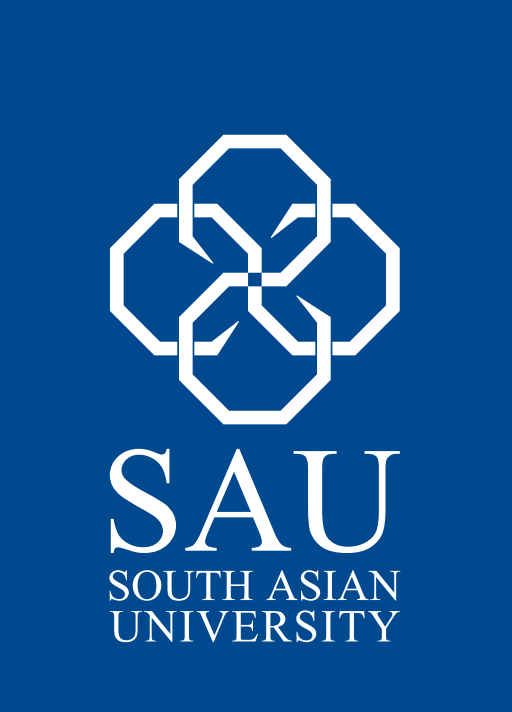Steering committee
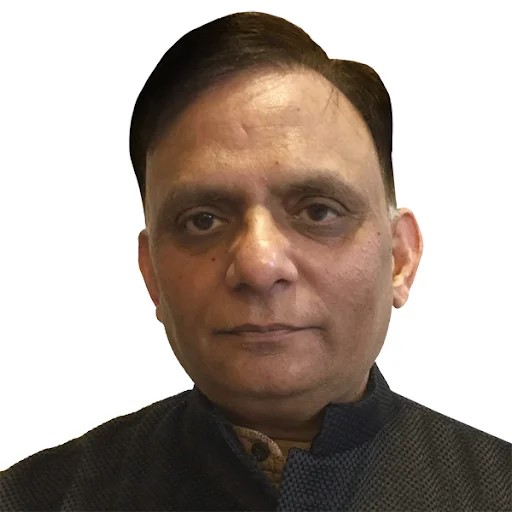
Ambassador Anup K. Mudgal
India’s Former High Commissioner to Mauritius
Ambassador Anup K. Mudgal, a member of the Indian Foreign Service (IFS), retired in May 2016 as India’s High Commissioner to Mauritius. His diplomatic career spanned thirty-two years, during which he served thrice at the Headquarters of the Ministry of External Affairs, handling relations with India’s neighbourhood, the ASEAN region, the Russian Federation, and countries of Central and Eastern Europe, as well as issues relating to Human Resource Development.
Read More
As part of his eight assignments abroad, Amb. Mudgal served in different capacities at the Indian Missions in Mexico (including NAFTA matters), Peru, former Yugoslavia, Belgium (EU matters), Germany, Austria (work relating to: IAEA, UNIDO, UNODC, UNOOSA, UNCITRAL), and Mauritius (including IORA) Post retirement, Amb Mudgal has been engaged in several voluntary assignments, the important ones being: Member, FICCI Task Force on Blue Economy; Member, Steering Committee on Blue Economy under PMEAC; Member, Core Team of Kalinga International Foundation; Chair, Diaspora Committee, ARSP; Joint Secretary, Association of Indian Diplomats; Guest lectures at: National Institute of Financial Management, Faridabad, Foreign Service Institute, New Delhi, University of Ajmer, Rajasthan; Institute of Management Studies, Ghaziabad; BULMIM, New Delhi.
Amb Mudgal has co-edited or co-authored several documents on a range of policy issues, the important ones are: i) Purbasa- East meets East, a book of compiled articles on the various aspects of India’s engagement with the Indo-Pacific region, ii) Diaspora and Nation Building, a book of compiled articles by prominent Indian and global authors on the wider role of diaspora in nation building, iii) Knowledge Paper on Blue Economy, produced by the FICCI Task Force, iv) Economic Diplomacy- India’s experience v) Blue Economy- Global Best practices and vi) Report of the Working Group under PMEAC on security, strategic dimensions, and international engagement under Blue Economy. Amb Mudgal has also authored articles in Indian and foreign media on various subjects of contemporary interest.
Among Amb. Mudgal’s areas of expertise are maritime security and defence, the ocean economy (particularly the blue economy within the broader sustainability agenda), trade policy and market access, technology transfer, adaptation, and application, and human resource management, including skill development and development assistance.
Born in May, 1956, Amb Mudgal did most of his education in Delhi. He holds Masters’ and M.Phil degrees in plant sciences from University of Delhi. He speaks Hindi, English and Spanish. Previously, he also briefly worked at the Department of Science and Technology,
New Delhi and as a member of the Indian Forest Service.
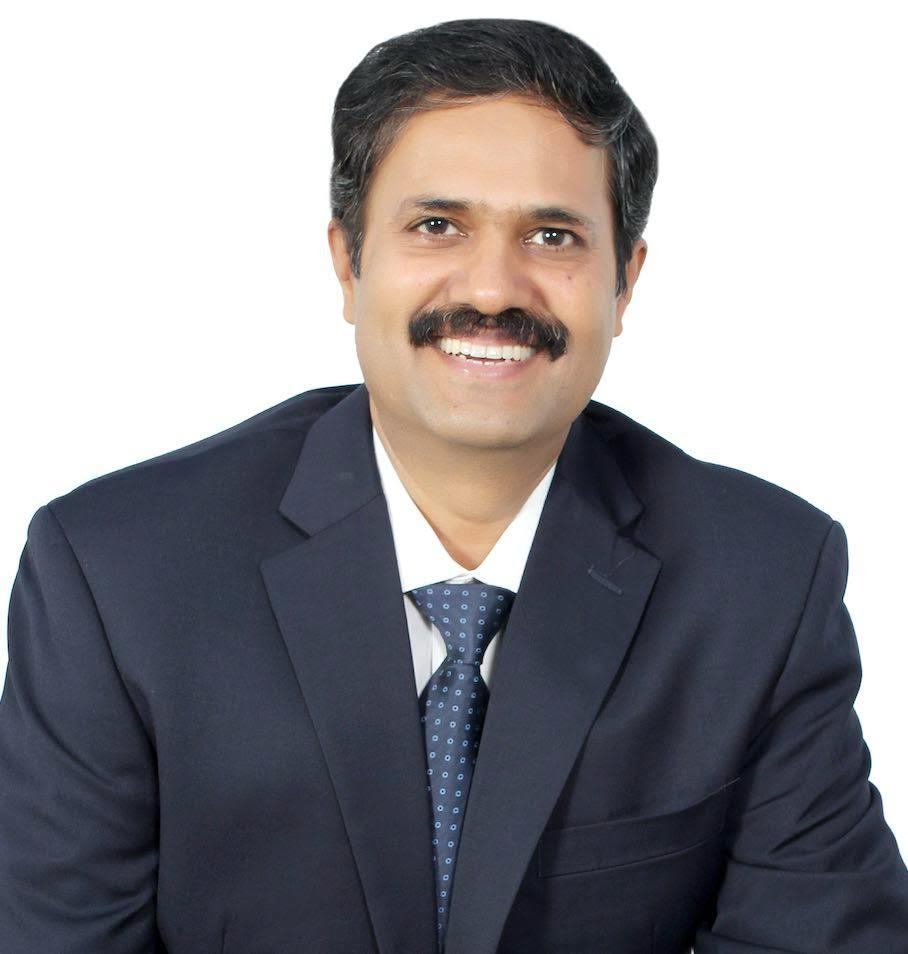
Akhilesh Srivastava
President, ITS India Forum
Akhilesh Srivastava, a distinguished leader in Digital Transformation, is known for addressing societal issues through innovative technology. With vast experience, he has led e-governance initiatives like FASTag and Uttarakhand’s “Apuni Sarkar,” recognized as India’s best citizen portal. As NHAI’s Chief of IT, he introduced Industry 4.0 tech, making NHAI India’s first fully digital organisation with NHAI Data Lake. Serving as Road Safety Ambassador at IRF and WEF and President of ITS India Forum-a think-tank on Intelligent Transportation Systems, he advocates for technology-driven road safety. His leadership in the Road Safety 2.0 initiative, has been endorsed by top institutions, government authorities, and companies. Recognised withaccolades like the Vishwakarma Award, Golden Globe, and 51 Most Impactful Leaders awards, his impact extends beyond technology, shaping governance and society at various scales. Akhilesh is committed to leveraging technology for societal benefit, and his contributions have set a high standard for the nation.
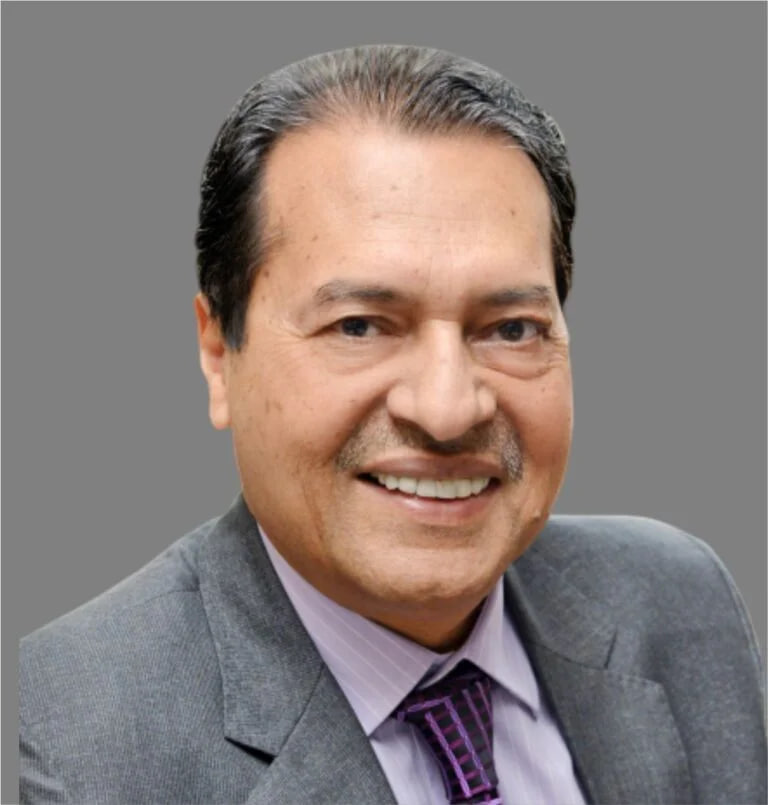
Dr. Bhaskar Chatterjee, IAS (Rtd)
Senior Director, IILM Institute for Higher Education
Dr. Bhaskar Chatterjee is widely acclaimed as the Father of Corporate Social Responsibility (CSR) in India. He was instrumental in framing and issuing the CSR guidelines for Public Sector Enterprises (PSEs) in April, 2010. Thereafter, he played a major role in the inclusion of Section 135 in the Indian Companies Act of 2013 and in the framing of the rules thereafter. As the DG & CEO of the Indian Institute of Corporate Affairs (IICA), he spearheaded the National Foundation for Corporate Social Responsibility (NFCSR).
He has spoken and lectured on the subject of CSR and Sustainability at a very large number of National and International fora over the last five years and is acknowledged as the primary force for bringing a new paradigm to the realm of CSR and providing it with an innovative and strategic vision.
Read More
Dr. Chatterjee is also a widely acclaimed management practitioner, theorist and teacher. He has written and lectured over many years on issues of social and sustainable development, corporate responsibility and human resources. He joined the Indian Administrative Service in 1975 and has held many distinguished positions. In 2008-09, he was Principal Adviser in the Planning Commission. Here he was deeply involved with a number of micro and macroeconomic measures. He was also a part of the team responsible for shaping India’s response to the global economic crisis of 2009. As the Director General & CEO of the IICA, Dr. Chatterjee helped to shape the contours of the subject of Corporate Governance and prepared strategies for capacity development, knowledge dissemination and quality research.
Dr. Chatterjee has most recently authored his latest Book entitled “Sustainable Futures – Imperatives For Managing The Social Agenda”. In this book, Dr. Chatterjee shows how governments, corporates and civil society organisations can synergize their efforts to build a whole new paradigm of development that is sustainable, humanistic and inclusive.
Dr. Chatterjee in his current role as Senior Director at the Indian PRME Champion Business School – IILM Institute for Higher Education, New Delhi – is closely associated with the Sustainable Development Goals and the Principles of Responsible Management Education. He coordinates closely with the United Nations Global Compact and with other Institutes and Business Schools in India which espouse the cause of Responsible Management Education. His long association with CSR and Sustainability enables him to spearhead the current movement in India which integrates and intertwines the Sustainable Development Goals and the Principles of Responsible Management Education.
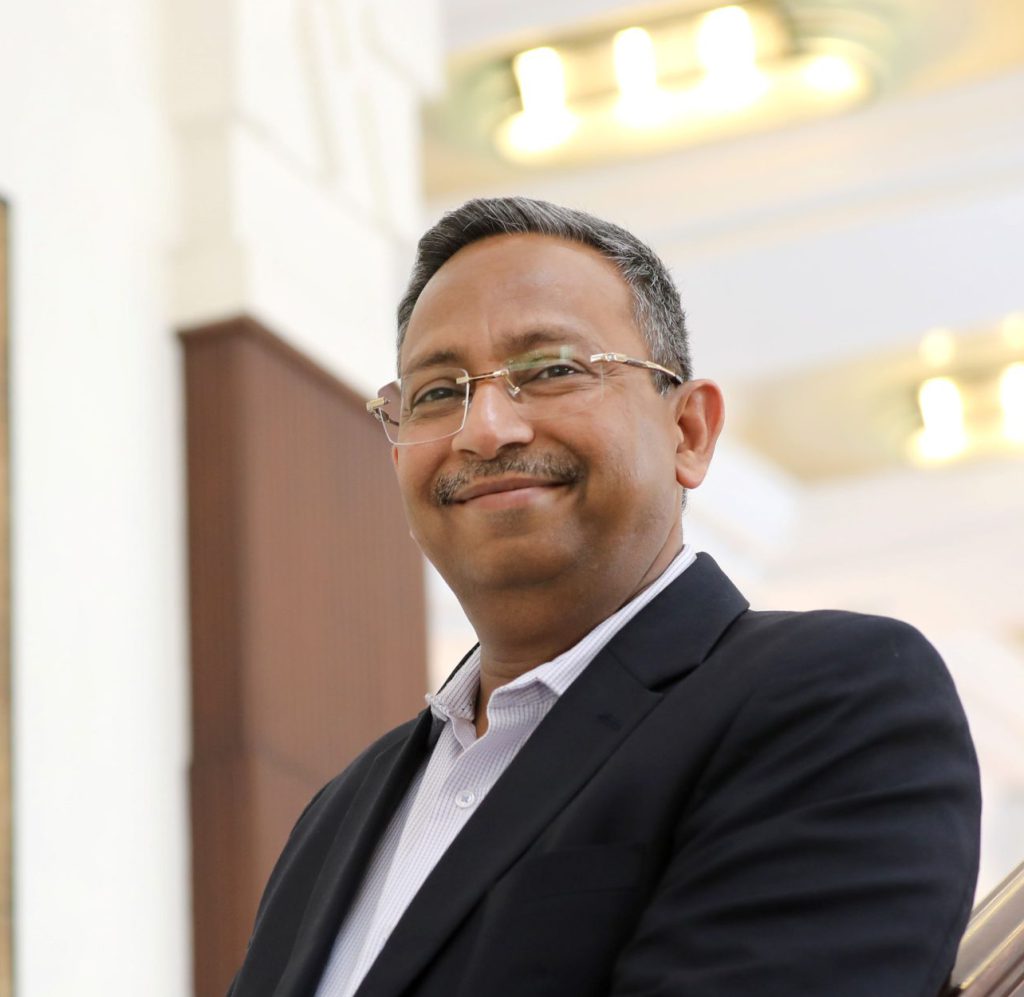
Deepak Arora
President, Public Affairs, Nayara Energy Limited
Mr. Deepak Arora is the President of Public Affairs at Nayara Energy Limited, where he heads Corporate Affairs and CSR with full responsibility for maintaining and building government relations across central and state governments. Prior to this, he worked with the Essar Group and served as the Head of CSR at Cairn India. His international experience includes roles as an International Business Strategy Expert with SEDF-IFC in Bangladesh, UNIDO in Pakistan, Thailand, India, and Iran, the European Union in Ethiopia, GOIC in Qatar and Muscat, and the Foundation for MSME Clusters in India. Mr. Arora has worked closely with governments in more than 10 countries, successfully engaging stakeholders and strengthening brand reputation through strategic CSR initiatives.
Read More
His specialties include public policy and affairs, CSR, sustainability, and communications. Mr. Arora holds an MBA in Marketing and Finance from Delhi University and a BA (Hons) in English from Deshbandhu College, University of Delhi.
Mr. Arora has also been instrumental in three key projects in association with the Essar Group: Indradhanush, Knowledge Series, and Unmukt. His ability to leverage CSR to build strong relationships and enhance brand reputation has been a significant asset in his career.
Professor Sachin Chaturvedi
Director General at the Research and Information System for Developing Countries (RIS), a New Delhi-based Think-Tank
Professor Chaturvedi works on issues related to development economics, involving development finance, SDGs and South-South Cooperation, apart from trade, investment and innovation linkages with special focus on WTO.
Professor Chaturvedi has persistenly endeavoured to build up institutions and launching of networks, both at national and international levels. He is credited with the launch of Network of Southern Think Tanks (NeST) and Forum for Indian Development Cooperation (FIDC). He has also created “Delhi Process”, a major forum for exchange of ideas on South-South and triangular Cooperation.
Read More
Professor Sachin Chaturvedi has been part of several important initiatives of the Government of India and takes keen interest in transforming economic policymaking towards integrated and evidence based approaches. He is one of the foremost commentators on India’s external sector economic engagements and partnerships. He is considered as most dynamic and affable by his peers and has mentored several bright scholars and researchers in the profession.
He has authored/edited more than 22 books, apart from contributing several chapters in the edited volumes and also publishing several research articles in prestigious journals. He is on the Editorial Board of several journals including the South Asian Economic Journal, IDS Bulletin, Sussex, UK among others. His book “The Logic of Sharing – Indian Approach to South-South Cooperation” has been acclaimed internationally as one of the best volumes on international development cooperation.
Professor Sachin Chaturvedi was also the ‘Global Justice Fellow’ at the MacMillan Center for International Affairs at Yale University (2009-2010) and has served as a Visiting Professor at the Jawaharlal Nehru University (JNU) and was a Developing Country Fellow at the University of Amsterdam (1996), Visiting Fellow at the Institute of Advanced Studies, Shimla (2003), and Visiting Scholar at the German Development Institute (2007).
Currently, Prof. Chaturvedi is also Independent Director on the Board of Reserve Bank of India.


